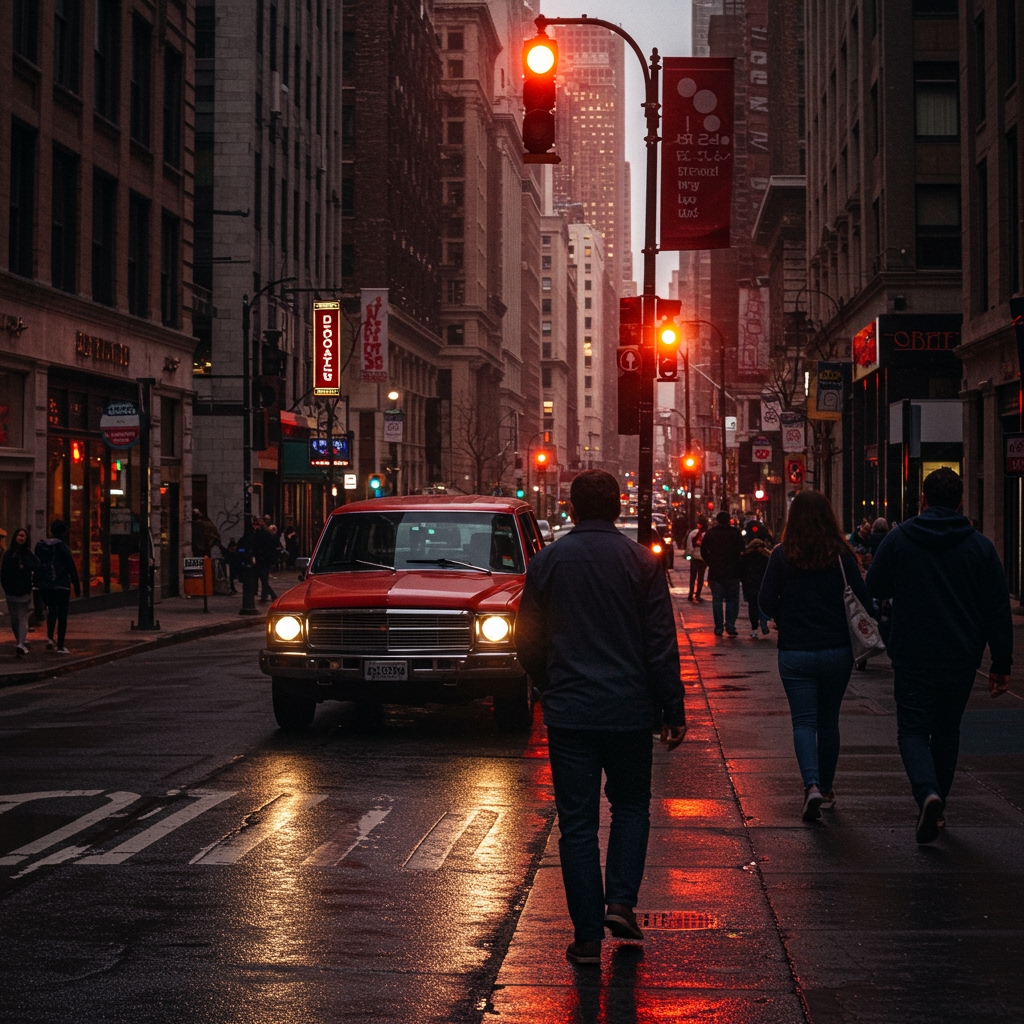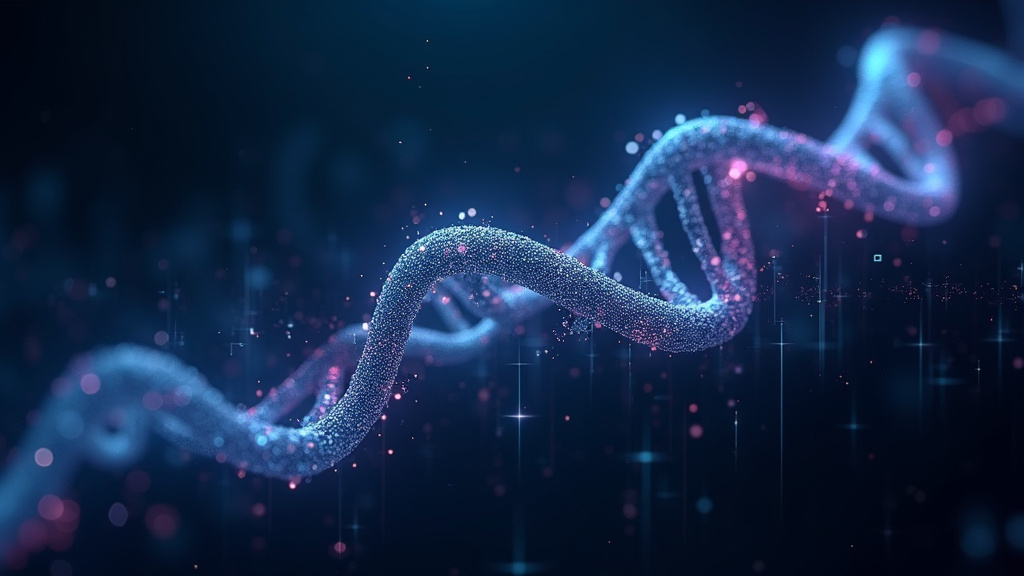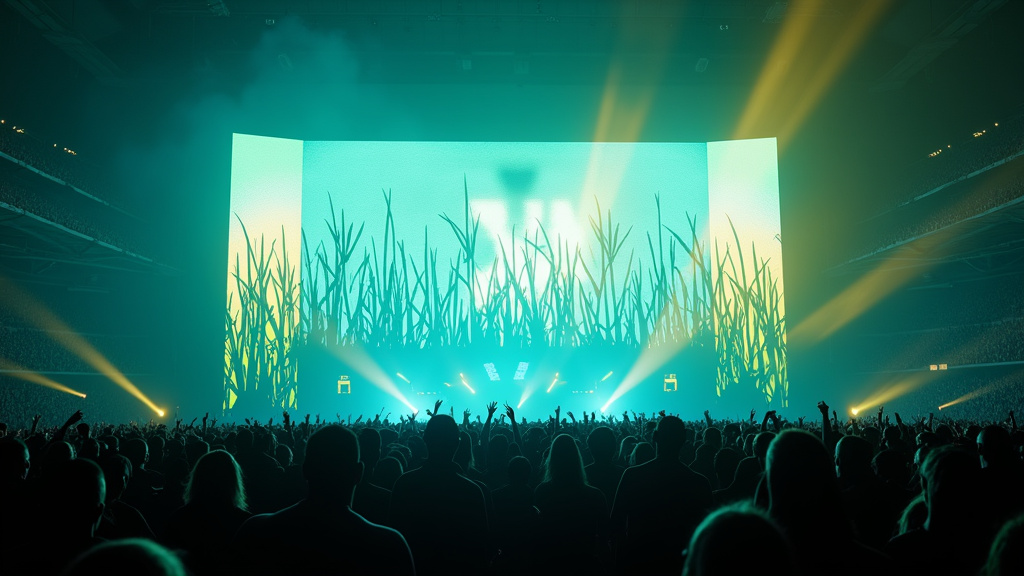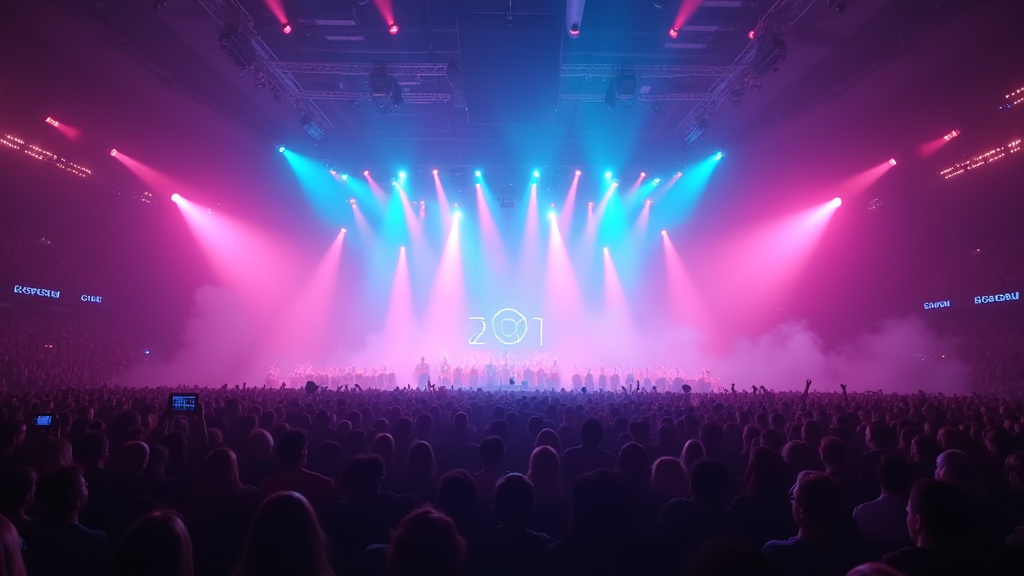Global Music Industry Launches Landmark AI Copyright Lawsuit
In a move poised to significantly impact the burgeoning field of generative artificial intelligence, a broad coalition of global music industry stakeholders, known as the Global Music Coalition, has filed a major lawsuit against AI technology developer SynthTune Labs.
The complaint, lodged in the Southern District of New York Federal Court, alleges that SynthTune Labs engaged in the unlawful and unauthorized use of vast quantities of copyrighted music recordings. According to the lawsuit, these recordings were systematically employed to train the defendant’s sophisticated generative AI models, which are designed to create new musical works.
Allegations of Unlawful Training and Infringement
The core of the Global Music Coalition’s legal action centers on the assertion that the training process itself constituted copyright infringement. They argue that the ingestion and analysis of copyrighted music at scale, without proper licensing or permission, violated their exclusive rights. Furthermore, the lawsuit contends that the output generated by SynthTune Labs’ AI models often infringes existing copyrights, either by reproducing substantial portions of protected works or by creating derivative works without authorization.
The coalition asserts that this alleged unlawful activity directly undermines the traditional royalty structures and licensing frameworks that underpin the music industry. These structures are designed to compensate artists, songwriters, publishers, and labels for the use and distribution of their creative works. By utilizing copyrighted material for commercial AI development without compensation, the plaintiffs argue that SynthTune Labs is devaluing creative output and disrupting the established economic ecosystem of music.
The Plaintiffs: A United Front
The Global Music Coalition represents a formidable alliance across the music value chain. Its members include a diverse group of interests, encompassing:
* Artists: The creators and performers of musical works.
* Songwriters: The authors of the lyrical and musical compositions.
* Music Publishers: Entities that manage the rights to musical compositions.
* Major Record Labels: Including industry heavyweights like Universal Music Group and Sony Music Entertainment, which control extensive catalogs of sound recordings.
This broad representation highlights the unified concern within the music industry regarding the implications of AI technology on intellectual property rights. The lawsuit positions the coalition as defenders of creator rights and the existing legal framework governing music usage.
The Defendant: SynthTune Labs
SynthTune Labs is identified in the suit as a developer specializing in generative artificial intelligence, particularly focused on applications within the music domain. The lawsuit describes their technology as capable of analyzing existing music and generating new, original-sounding tracks, compositions, or sounds. The legal challenge brought by the Global Music Coalition directly questions the foundation upon which SynthTune Labs’ technology was built, specifically the data used in its training phase.
Seeking Substantial Damages and Injunctive Relief
The Global Music Coalition is not only seeking retrospective compensation for the alleged past infringement but also aiming to prevent future unauthorized activities. The lawsuit explicitly seeks over $1 billion in damages, a figure that underscores the perceived scale of the harm caused by the alleged unauthorized use of copyrighted material and the potential future losses anticipated if such practices continue unchecked.
In addition to monetary damages, the coalition is requesting a permanent injunction. If granted by the court, this injunction would legally prohibit SynthTune Labs from further utilizing copyrighted material for the training of its AI models without securing appropriate licenses. Such a ruling could force AI developers reliant on large datasets of creative works to fundamentally alter their data acquisition and training methodologies.
Precedent-Setting Implications
Industry experts are closely watching this case, recognizing its potential to set a critical legal precedent. The outcome of Global Music Coalition v. SynthTune Labs could significantly clarify the boundaries of intellectual property rights in the context of generative artificial intelligence.
Specifically, the court’s decision is expected to provide much-needed guidance on whether the use of copyrighted works solely for the purpose of training AI models constitutes fair use or infringement. It may also address the extent to which AI-generated output is considered derivative of its training data and thus subject to existing copyright protections.
Legal scholars and technology analysts anticipate that this case could reshape the future licensing landscape for AI developers. A ruling in favor of the music coalition could necessitate the creation of new licensing frameworks and royalty models specifically designed for AI training data, potentially leading to significant costs for AI firms but new revenue streams for rights holders.
Industry Support
The legal action has garnered public support from other organizations within the creative ecosystem. The Independent Artists Union publicly expressed its backing for the lawsuit. In a statement, the union called the legal action a necessary step to protect creators’ livelihoods, emphasizing the importance of ensuring that artists and songwriters are fairly compensated when their work contributes to the development of new technologies.
As the case proceeds in the Southern District of New York Federal Court, the music and technology industries, along with legal experts, will be monitoring developments closely, understanding that the resolution of this dispute could define the intersection of creativity, technology, and intellectual property for years to come.





